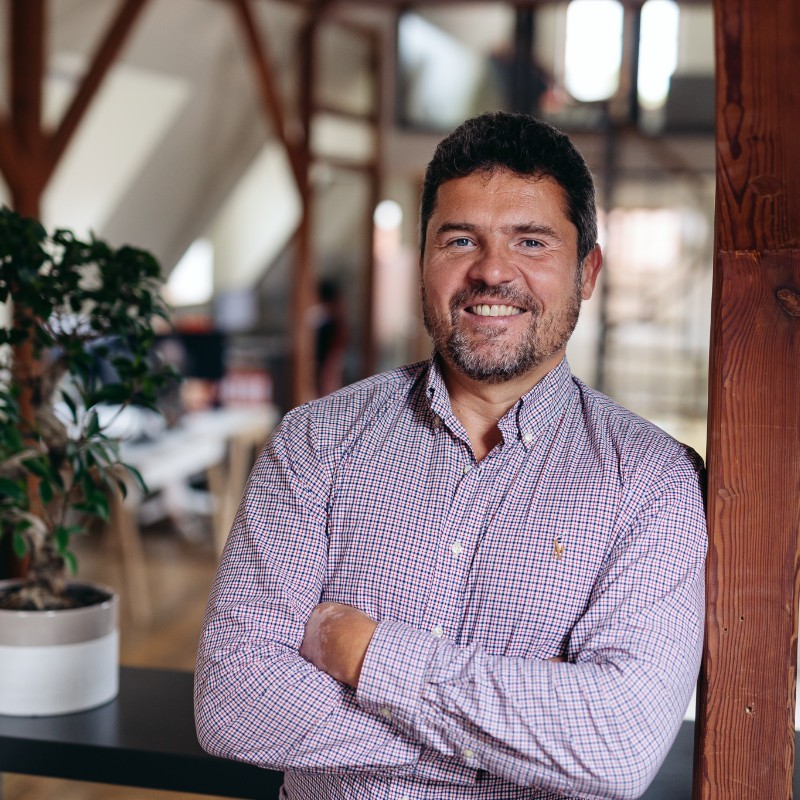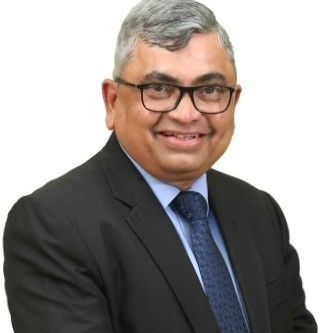Seed Capital
1Mby1M Virtual Accelerator Investor Forum: With Steve Eskenazi, Angel Investor (Part 1)

Steve Eskenazi is an Angel Investor, and we had a number of interesting trend conversations.
Sramana Mitra: Let’s start with a little bit of your background. Tell us about what path you have traveled.
Steve Eskenazi: My career has three distinct phases. In the 1990s, I was Wall Street’s digital media analyst introducing Wall Street to companies like America Online and Electronic Arts. For the next 10 years, I was a venture capitalist for a firm called Walden VC where we invested in internet, SaaS, and digital media companies.
>>>1Mby1M Virtual Accelerator Investor Forum: With Andrus Oks, Founding Partner of Tera Ventures (Part 3)
Sramana Mitra: The other advantage you have is, there is a substantial enterprise software buyer market in Europe as well. The Indian buyer market is not as mature. Europe has lots of large enterprises that buy a lot of technology. You could build a substantial business catering to European enterprise customers. That’s one observation.
The second one is that language is an issue in Europe more than in India. In India, the business operates mostly in English. There’s a bit more of a language issue in Europe. English is, not necessarily, the lingua franca of Europe. In your region, English is more of the lingua franca.
>>>1Mby1M Virtual Accelerator Investor Forum: With Andrus Oks, Founding Partner of Tera Ventures (Part 2)
Sramana Mitra: How do the Estonian culture and entrepreneurial momentum play into your investment strategy? Are you looking for people to have developer shops in Estonia or some kind of backend in Estonia?
Andrus Oks: Estonia is very special. To put in context, it is a small country with a population of 1.3 million. We actually have 10 Estonian unicorns. Last year, it was more than a billion dollars in investment. This year, it’s already more than a billion dollars. This is very helpful. We achieved this quite fast as well.
>>>1Mby1M Virtual Accelerator Investor Forum: With Andrus Oks, Founding Partner of Tera Ventures (Part 1)

Andrus Oks is Founding Partner at Tera Ventures, based in Estonia. We have a great discussion on entrepreneurship in the Baltic and Scandinavian countries in particular.
Sramana Mitra: Let’s start by introducing our audience to yourself as well as Tera Ventures.
Andrus Oks: I’m one of the founding partners of Tera Ventures. Tera is an Estonian-based seed fund. We currently invest from our €45 million second fund. We are halfway through. We have done 15 deals. We are doing another 15. We support our portfolio companies throughout the rounds. We like to be early. We’re often the first investors.
>>>1Mby1M Virtual Accelerator Investor Forum: With Krishnakumar Natarajan, Co-Founder of Mela Ventures (Part 3)
Sramana Mitra: The ecosystem has come together for sure. I’m a big fan of capital-efficient startups and fundamentals-oriented startups. In January, we analyzed 20 Indian unicorns. I didn’t consider two as overvalued. The rest were dramatically overvalued. That means that people are investing in the future and expecting that the valuation is going to get back-filled, which is the way unicorn investing often happens.
>>>1Mby1M Virtual Accelerator Investor Forum: With Krishnakumar Natarajan, Co-Founder of Mela Ventures (Part 2)
Sramana Mitra: Does your thesis also translate into FinTech? FinTech has a big B2B element to it and there is a lot going on. India is a very big FinTech market.
Krishnakumar Natarajan: You’re absolutely right. Fintech is becoming a very large market in India. The public digital infrastructure to support FinTech in India is also well-established starting with the identity management system to the UPI which is peer-to-peer payment almost with no fee.
>>>1Mby1M Virtual Accelerator Investor Forum: With Krishnakumar Natarajan, Co-Founder of Mela Ventures (Part 1)

Krishnakumar Natarajan, Co-founder of Mela Ventures and former CEO of Mindtree, discusses the Indian Venture ecosystem.
Sramana Mitra: I’m looking forward to catching up with you. We haven’t talked in a while, but we have followed each other’s work for a long time. Catch me up on Mela Ventures.
>>>574th Roundtable Recording with Bill Baumel, Ohio Innovation Fund
In case you missed it, you can listen to the recording of this roundtable here:
